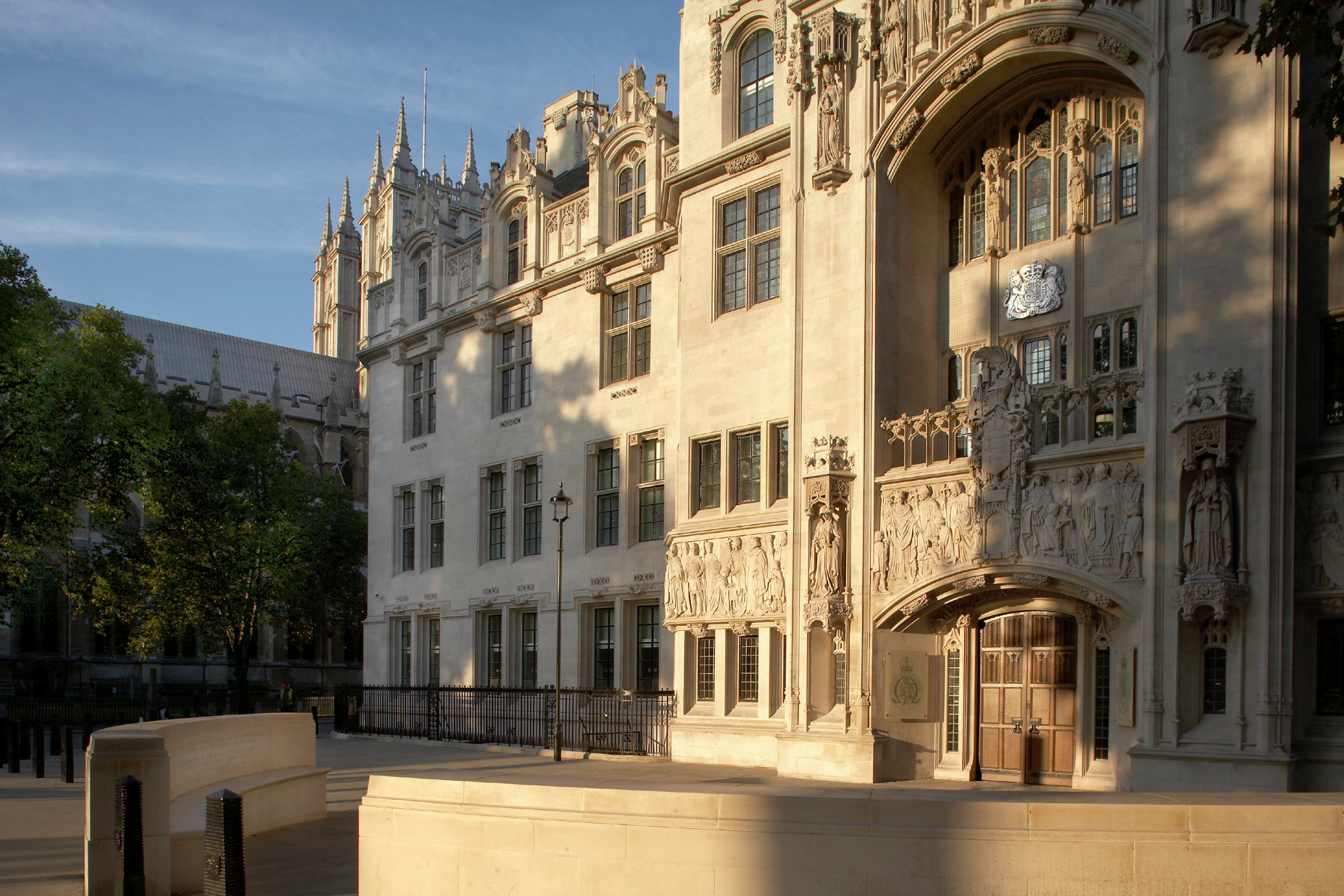MOSCOW, November 2 (RAPSI) - The UK Supreme Court has refused to accept Sovcomflot’s application for permission to appeal an earlier ruling in the so-called Fiona Trust case, bringing an end to the eight-year legal battle with Dmitry Skarga, according to a statement released by law firm Stephenson Harwood LLP, which has represented Skarga in the case.
Sovcomflot’s claim against Skarga had initially been dismissed in December 2010. In March 2013, Sovcomflot lost its limited appeal, which had endeavored to recast a series of alleged bribes carried out by Skarga as crimes under English as opposed to Russian law in the appeals division of London’s High Court of Justice.
According to the firm’s statement, the Supreme Court reasoned that, "the application does not raise an arguable point of law of general public importance which ought to be considered by the Supreme Court at this time bearing in mind that the case has already been the subject of judicial decision and reviewed on appeal."
The firm added that Sovcomflot has been ordered to pay Skarga’s legal costs in connection with this most recent attempt to appeal.
Skarga served as Director General of Sovcomflot between 2000 and 2004. His co-defendant, Tagir Izmaylov, served as president of Sovcomflot’s sister company Novoship between 2001 and 2005. The two were accused of having “conspired to defraud Sovcomflot and Novoship respectively by a series of unlawful and uncommercial shipping and banking transactions because they were bribed to do so by another defendant, [Yuri] Nikitin ,” according to the Stephenson Harwood statement.
The court held in December 2010 that all claims against Skarga and Izmaylov should be dismissed.
In March of the following year, the court issued a supplemental judgment concerning claims that Nikitin had effectively bribed Skarga.
In this latter opinion, the judge rejected the idea that holidays and a credit card given to Izmaylov constituted bribery for purposes of proving Izmaylov’s dishonesty under Russian law.
Sovcomflot then launched the present appeal in an effort to recast the bribery claims under English law.
According to a statement released by Sovcomflot in March, “In the original High Court (Commercial Court) trial, Mr Justice Smith found that Mr Nikitin had conferred on Mr Skarga benefits which under English law would amount to bribes. Apart from maintaining that English law applied the Fiona Appellants case was that Mr Justice Smith should also have found that Messrs Nikitin and Skarga were both dishonest in paying and receiving the identified benefits (including holidays and the provision of a credit card), and in continuing to transact business between the companies of Mr Nikitin’s and those of Sovcomflot.” [Sic.]
Speaking with RAPSI that same month, Skarga’s lead attorney Louis Flannery of the law firm Stephenson Harwood explained that the disputed transactions were properly treated under Russian law in the original case because they occurred in Russia between two Russian businessmen. According to Flannery, the only nexus to England is the fact that several months later the two entered into a transaction that was subject to English law.



